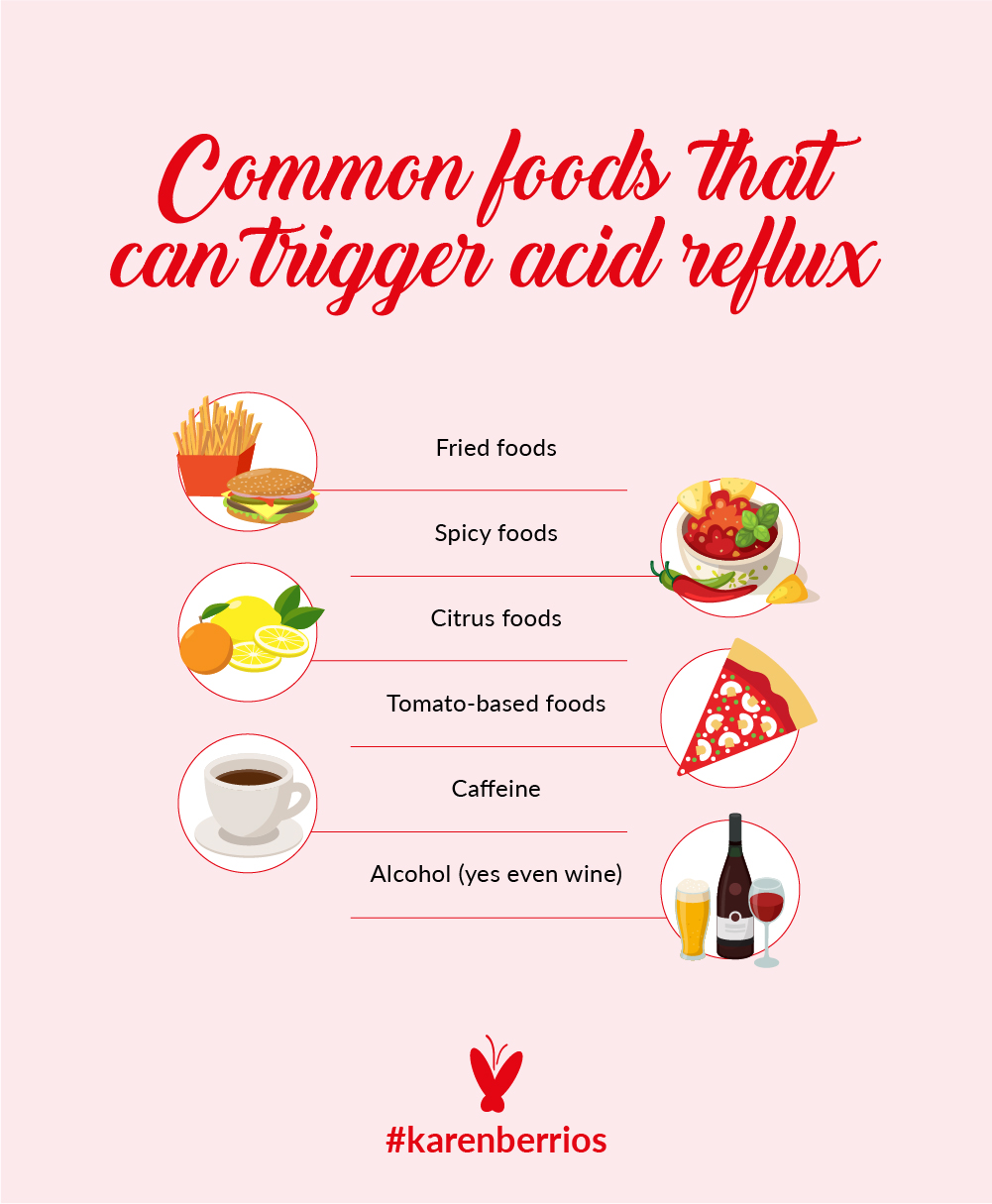

What is the root cause of acid reflux and how to deal with it?
Acid reflux. Why oh why is acid reflux such a huge problem? It seems that our society is ridiculed with this serious, quality-of-life sucking problem.
It’s horrible. I myself have dealt with massive acid reflux before and I can say it truly impacted my life. It was terrible. I remember being so desperate for answers.
I find that many people are desperate for answers and relief.
So let’s talk about that in this article. What is acid reflux? What can we do about it? Is there a root cause we can point to?
Let’s dive in.
What is acid reflux?
Acid reflux is a condition in which one can experience:
- Burning pain in the lower chest area (all over)
- Directed heartburn
- Feelings of tiredness
Acid reflux happens when stomach acid flows back up into the food pipe. It is incredibly uncomfortable and oftentimes quite painful.
When acid reflux occurs more than twice a week, it is usually diagnosed as Gastroesophageal reflux disease aka GERD.
Of all the gut diseases, acid reflux is the most prevalent.
GERD is mostly common in Western countries. It is estimated that it affects as much as 20 to 30 percent of the population. Isn’t that number astounding?
The American College of Gastroenterology says that ~60M Americans get heartburn at least once a month. ~15M of those people getting it DAILY. (source)
What is the root cause of acid reflux?
This is what is so important to find out because we cannot truly heal ANYTHING until we get to the root cause of what is going on.
For acid reflux, the root cause can be a mystery or it can be more straightforward. Here are some common triggers of acid reflux:
Foods that can trigger acid reflux:
- Fried foods
- Spicy foods
- Citrus Foods
- Tomato-based foods
- Caffeine
- Alcohol (yes, even wine)
Habits that can trigger acid reflux:
- Smoking
- Eating too late at night, especially right before bed
- When you consistently eat when you already have a full stomach
- Being overweight
- Having a big belly (this can push your stomach up, and this causes acid reflux)
- Chronic stress (this can affect the nerves within your stomach and can make it nearly impossible to process food in a proper and functional way
Other things that can trigger acid reflux:
- Having a loss of magnesium, which is usually caused by stress. We need magnesium to relax the sphincter at the bottom of the stomach. This lets the food go down. Not enough magnesium could mean the food will come back up.
- Having food sensitivities that are not yet realized (talk to your doctor, especially about dairy, nightshades, and gluten).
- Having an overgrowth of bad yeast or bacteria growing in your stomach.
- If you’ve been on hormones before (that can be a cause of acid reflux).
- If you’ve had a history of being on a lot of antibiotics
- Having an overgrowth of H. Pylori, which is a bacteria that affects many. It is sometimes (not always) linked to acid reflux.
- This is something I always say: Conditions are often multifactorial, It is usually more than one thing causing it, and it is usually going to be more than one thing that’s going to fix it.

How do you help fix acid reflux?
Most people assume that the best thing they can do is take an acid blocker. But this can cause all kinds of problems! It can actually make it so you have less stomach acid in the end, which we don’t want.
Acid blockers will give you symptomatic relief, yes. But acid blocks also do the following as a consequence of overusing them:
- Increase bloating
- Increase pneumonia
- Cause an overgrowth of bad bugs in the gut
- Prevent mineral absorption
Here’s the thing: You need acid in your stomach in order to digest food. You need acid in your stomach in order to absorb nutrients. Reducing your stomach acid could lead to devastating nutritional deficiencies.
What needs to happen is first find the root cause, then treat the root cause.
In the meantime, while you are figuring things out, here are some tips on what you can do. Keep in mind this is not a complete list, but it’s a really good start.
- Get rid of possible food allergens for a bit. Do this for 2-4 weeks at a time. Start with dairy or gluten. But only do one at a time! It is very important you are able to pinpoint what your possible triggers are.
- Working on adding in more nutrients into your diet. Whole-foods. Plant-based.
- Toss things out of your diet that could be upsetting you long-term and short: Remove spicy foods, citrus foods, tomato-based foods, alcohol, and fried foods.
- Now would be the time to give up smoking and drinking. At least during this healing phase.
- Stop eating so late before bed. If having that late-night snack is a habit of yours… time to give it up. You want to give your body a break and let it have time to digest. Really try to train yourself to have dinner the last time you have food for the day. This can make a big difference!
- Learn to deal with stress. Emotions are so powerful and they really can have a big play on our physical bodies. Slow down right before you eat. Slow down throughout the day. I promise you that going into your days with peace of mind is going to help so much, in more ways than just your acid reflux!
- Test out specific supplements like licorice. This can help coat the stomach and help it prevent acid relax. Try taking licorice before you eat. In general, here are some things to try:
- Licorice
- Glutamine
- Collagen (but be weary of this one)
- Aloe
- Bovine colostrum
You want to take something that helps to coat the stomach lining and helps you to digest the food that you eat.
8. Consider taking magnesium for relaxation and to help your sphincter at your stomach level. It’s such a powerful mineral for relaxation and this helps prevent acid reflux.
9. Feed the good bacteria in your gut with specific probiotics. You will want to talk to your doctor about which ones could be best for you, depending on your health circumstances.
10. Consider taking digestive enzymes, especially if you have a history of cancer.
11. Ask your doctor to get tested. Do NOT accept a simple prescription for acid blockers. Testing will help you get to the root cause. You can test for things like gluten sensitivity, H. Pylori, other food sensitivities, and an overgrowth of bad bacteria.
Final thoughts
At the end of the day, remember that you are in charge of your body and your habits and the food you eat will bring you one step closer to healing, or one step backward! The choice is always in your hands. Also, pray to Jesus about this. My healing is always rooted in faith because I know the ultimate healer is God. A big part of healing acid reflux is working on stress, and I find the greatest refuge in Jesus Christ. I hope the same for you.

hey there
I'm Karen!
I have found my cancer journey to be a positive and profound transformational experience. I’m inspired to share my healing journey here, and trust you’ll find hope, encouragement and purpose as you discover the healing power that lies within you.
Join
The Mailing List!
By signing up for my newsletter, you agree with our Privacy Policy and Terms & Conditions.


